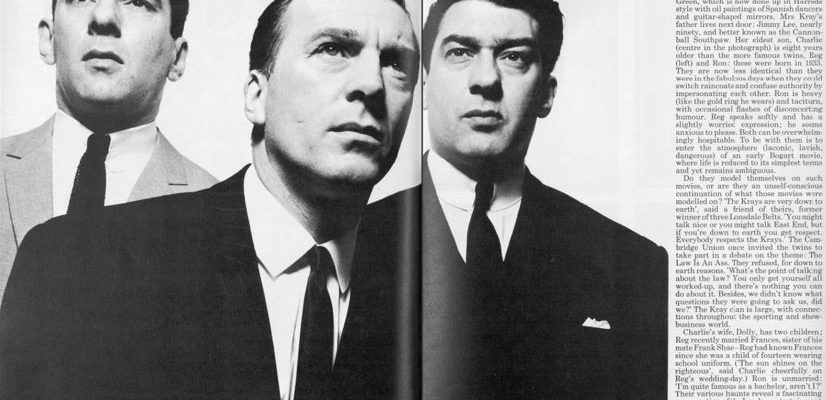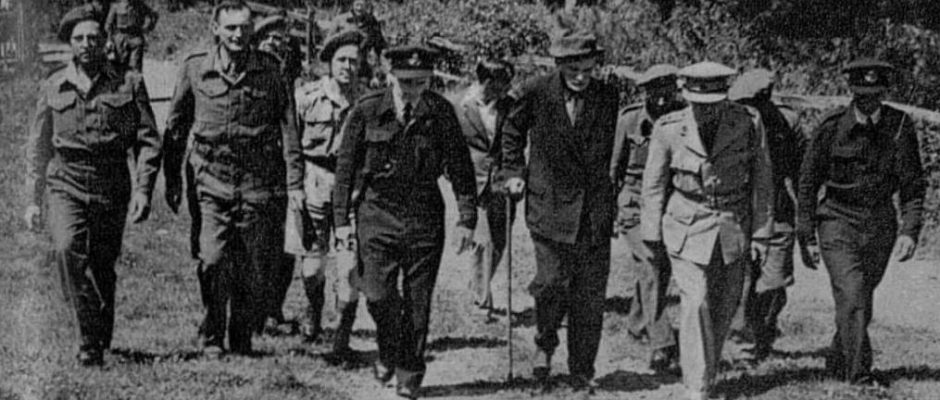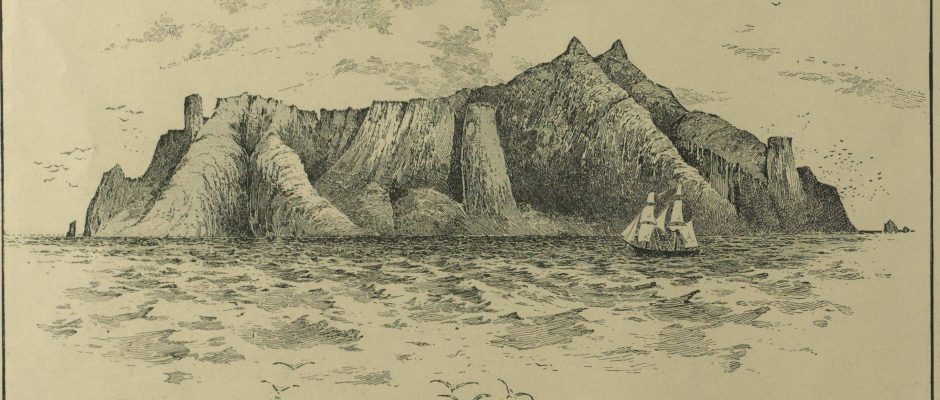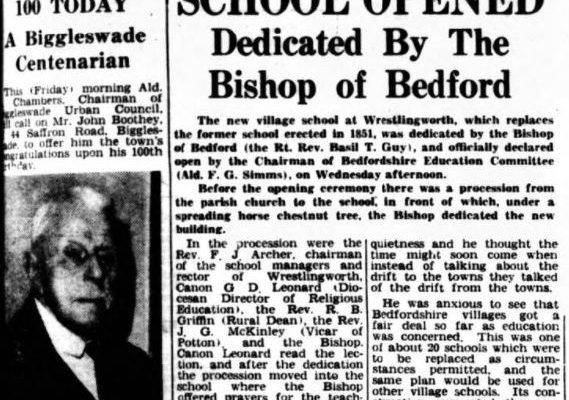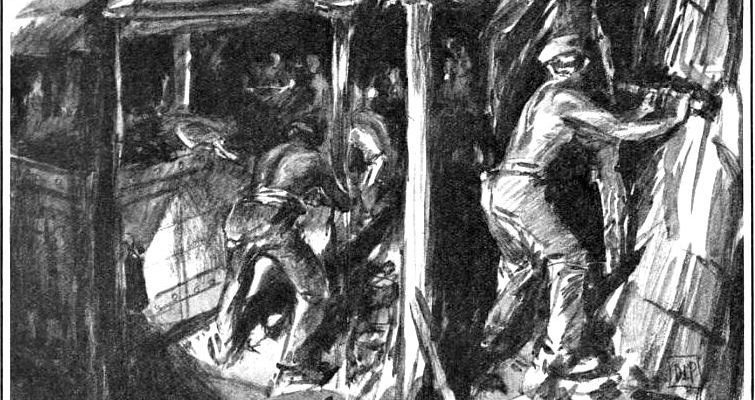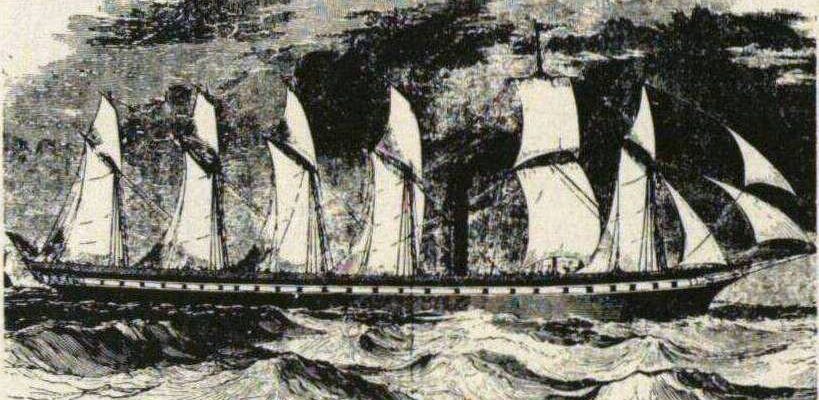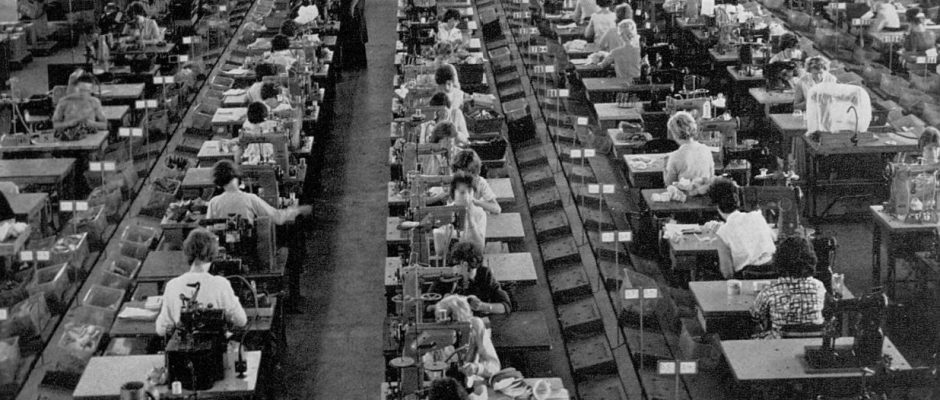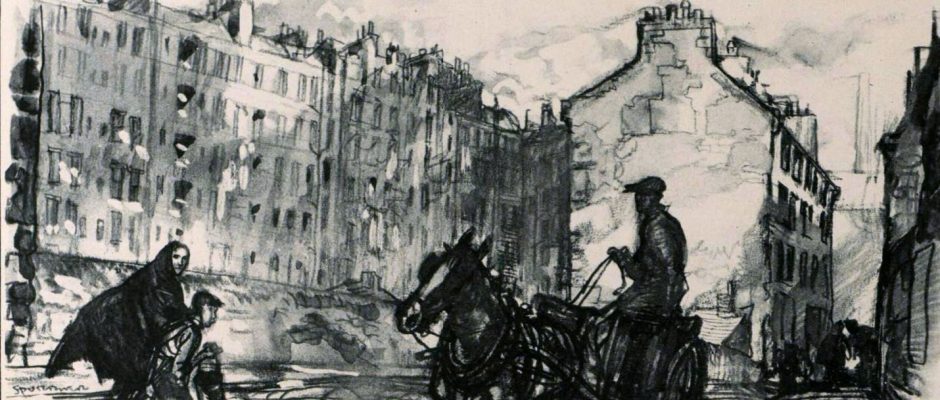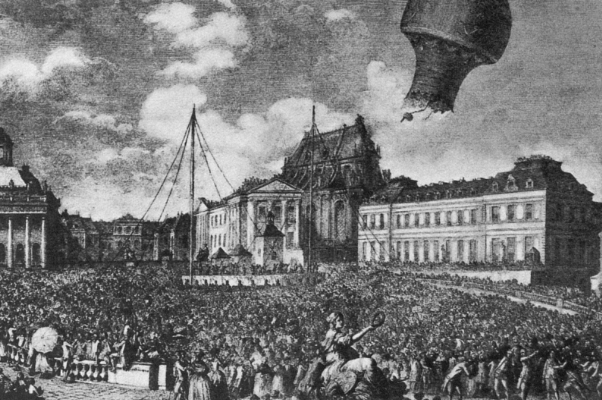Throughout the month of October, The British Newspaper Archive will take a closer look at stories of crime, courts, and punishment in the papers. We have pulled together some headlines from the month of October including a riot, a case of arsenic poisoning, a couple of London’s notorious criminals, and a political crime. Register now! 4 October 1936 The Battle of Cable Street took place in London’s East End on the day of a scheduled march by Oswald Mosley’s right wing …
Headlines from History
This week’s episode of Who Do You Think You Are? showed how family history research can reveal previously unknown histories from both the recent and distant past. Using original documents and newspaper accounts Lisa Hammond was able to reconstruct the military service of her grandfather during World War 2, a part of his life that was unknown even to his children. At the other end of the spectrum Lisa delved deep into her family’s past and discovered that their roots …
Tags
In this week’s episode of Who Do You Think You Are?, Noel Clarke knew his family tree would bring him directly to the Caribbean island of Trinidad. Both his mother and father had emigrated to England from the island. But in telling their story, he discovered a rich, and sometimes difficult, heritage which connected him deeply to several of the islands of the Caribbean. His family story reflects the experience of many Trinidadians, and the events which affected their lives …
Tags
Throughout the month of September, The British Newspaper Archive is taking a closer look at researching local history through the newspapers. Currently, The Archive holds more than 800 titles and many of those are local or provincial titles. These papers reported national and international news, but it was in their interest to report details of local news and events. In our everyday life, we are affected on a daily basis by what happens in our immediate surroundings rather than national events. National events …
Tags
In the month of August, we have looked at occupations and employment through the newspapers. To finish our theme this month, we are taking a closer look at coal miners, specifically in the 19th century. An initial search for miners reveals explosions, accidents, and strikes in the vast amount of mines operating across Great Britain. We will look at these topics in closer detail. The first coal mine was sunk in Scotland, under the Firth of Forth in …
Tags
This week’s episode of Who Do You Think You Are? with Fearne Cotton delved into the difficult subject of conscientious objectors during World War I. The episode also exposed the precarious nature of success in nineteenth century Britain. The episode made extensive use of newspapers, and as always we have taken the story further with our own investigations into the topics covered using the newspapers in the Archive. Fearne began her journey by looking to her Welsh roots. As a …
Tags
Discover more about specific occupations, industries and the history of working conditions and employment regulations in our historic newspapers. In towns and villages across Britain and Ireland people plied their trades, from carters and hawkers, to seamstresses and tailors. As the centuries passed agriculture gave way to industry and the ‘factory-worker’ was born. Read our blog to discover more about the history of work & occupations. Of Cordwainers, Chandlers & Night-Soil Men There are some historic occupations that are no …
Tags
In this week’s episode, singer Lulu traveled to her home-town of Glasgow, Scotland, to discover more about her mother’s family. Having been sent to live elsewhere as a baby, Lulu’s mother did not have a relationship with her parents, and so Lulu knew very little about the family. With the help of archivists, historians, and historical sources, Lulu was able to reconstruct the story of a family struggling to make love work across religious divides in 1920s Glasgow. We used …
Tags
In thinking about using newspapers to discover more about the vast array of occupations that have existed over the centuries — some of which still exist while others have been lost to annals of time (bunters, decretists, and gummers, to name a few) — it’s inevitable to end up thinking about the innovators and inventors who have made headlines over the years. Don’t miss a thing, follow us on Instagram! Lasting power Some inventions have lasting power and others, sadly for …
Tags
Emma Willis explored the back streets of Birmingham, uncovered a violent ancestor, and revealed magnificent Irish craftsmanship in her family tree. In this week’s episode of Who Do You Think You Are?, we followed the lives of three of Willis’ ancestors: James Gretton, Richard Fowler, and Michael Kirwan. We will take a closer look at the newspapers and explore what more we can discover about the stories and lives revealed. James Gretton Emma Willis found out that her three-time great …


